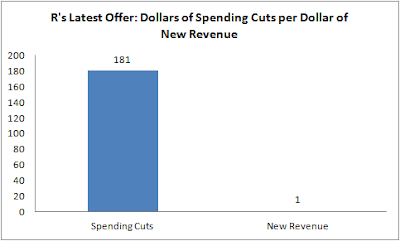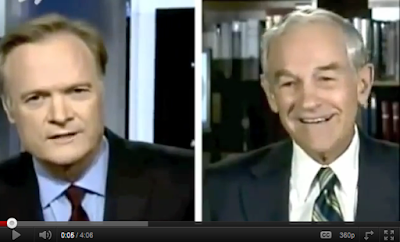Must reading from Ezra Klein's
Wonkblog:
http://www.washingtonpost.com/blogs/ezra-klein
"Reinhart, for one, thinks the Bush and Obama administrations don’t get sufficient credit for all they did.
“The initial policy of monetary and fiscal stimulus really made a huge difference,” she says. “I would tattoo that on my forehead. The output decline we had was peanuts compared to the output decline we would otherwise have had in a crisis like this. That isn’t fully appreciated.”
In that way, Reinhart says, this time really was different — at least from the Great Depression, when output shrank by 30 percent and a quarter of the workforce was unemployed. “If the choice was this or the ’30s,” she says, “I’d take this hands down.”
Give policymakers some credit: They really have learned from the Depression. So did the Japanese. In the 1990s, they pumped monetary and fiscal stimulus into their economy, too, and they didn’t suffer a depression. But they never found themselves in a recovery. They stagnated for a decade, and then for another.
What we’re in looks more like Japan in the ’90s than the United States in the ’30s. Reinhart doesn’t think that’s an accident; she thinks it’s a product of the initial successes. “The same policies that serve you well in limiting the output collapse do not serve you well in speeding the time it takes to get out,” she says.
By saving the banking system, you end up with banks that are quietly holding on to toxic assets in the hope that one day they’ll be worth something. By limiting the output gap, you keep the economy from getting so bad that truly radical solutions, such as wiping out hundreds of billions of dollars of housing debt, become thinkable. You limp along.
The question, of course, is why do governments limp out of recessions when the weight of history tells them to run?
“Now knowing how much worse the storm was, people look back and say, you guys undershot,” sighs Treasury Secretary Timothy F. Geithner. “But we didn’t think we were undershooting at the time. We thought that the dominant strategy had to be massive, overwhelming force. There were political limits to what we could do, but we thought we were operating to expand the scope of those limits. I used to say to people, ‘Which mistake is harder to correct: doing too much, or doing too little?’ ”
Yet the Obama administration did too little. Its team of interventionist Keynesians immersed in the lessons of the Depression and Japan did too little. Everyone does too little, even when they think they’re erring on the side of doing too much. That’s one reason “this time” is almost never different."




























